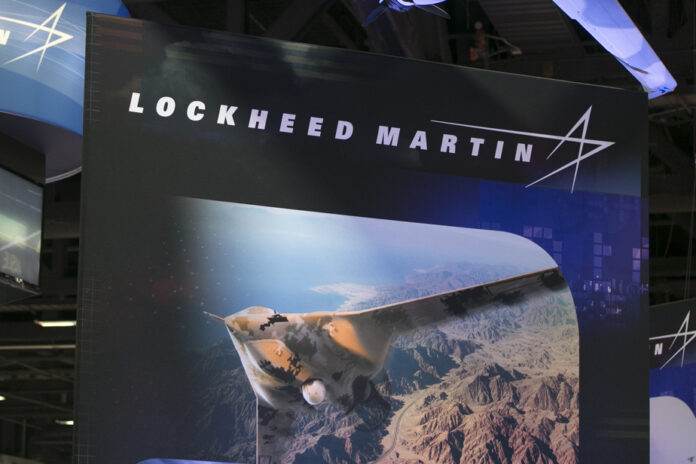(Beijing) China announced on Friday that it would place American defense industry giants Lockheed Martin and Northrop Grumman under sanctions for their role in supplying arms to Taiwan, an island territory claimed by Beijing.
The United States announced last month that it had authorized the sale to Taiwan of detection equipment for the island’s fighter jets, which is under threat of invasion by China.
If Washington has recognized Beijing to the detriment of Taipei since 1979, the American Congress has at the same time imposed the provision of weapons to Taiwan, with the stated aim of dissuading China from any expansionist desire.
“Despite China’s firm opposition, the American government persists in supplying arms to Taiwan,” criticized a spokesperson for Chinese diplomacy, Mao Ning.
“This seriously undermines China’s sovereignty and security interests,” she added during a regular press briefing.
As a result, China decided to sanction Lockheed Martin and Northrop Grumman.
The spokesperson did not specify what the measures taken by Beijing against these groups consist of.
The United States imposes an embargo on its arms manufacturers on sales of military equipment to China. A measure taken after the repression of the Tiananmen demonstrations in Beijing in 1989.
Lockheed Martin owns helicopter manufacturer Sikorsky, which has been operating in China since the 1980s, where it has a joint venture with a local partner.
These sanctions are decided in retaliation for an arms sale to Taiwan authorized on August 24 by the United States, indicated Mao Ning.
The Taiwanese question is extremely sensitive in China. Beijing claims the island of 23 million inhabitants, ruled since 1949 by a rival regime close to the United States.
This sale concerns infrared detection systems for F-16s so that Taiwan “maintains a credible defense capability,” according to the US State Department.
These systems, intended to improve the ability of aircraft to detect aerial threats, are built by the American Lockheed Martin, already sanctioned by China in the past.
“US aid and military sales to Taiwan only fuel the US military-industrial complex while harming the security and well-being of fellow Taiwanese,” the Chinese Defense Ministry commented at the time.
In recent months, Beijing and Washington have renewed dialogue with a succession of visits by senior American officials to Beijing, including the head of diplomacy Antony Blinken in June.
But Taiwan remains a stumbling block, with Chinese authorities increasing warnings against any perceived move by the United States seen as support for formal independence for the island.
In just over a year, Beijing has carried out major military exercises three times in response to visits by Taiwanese leaders to the United States or Americans to Taiwan.















